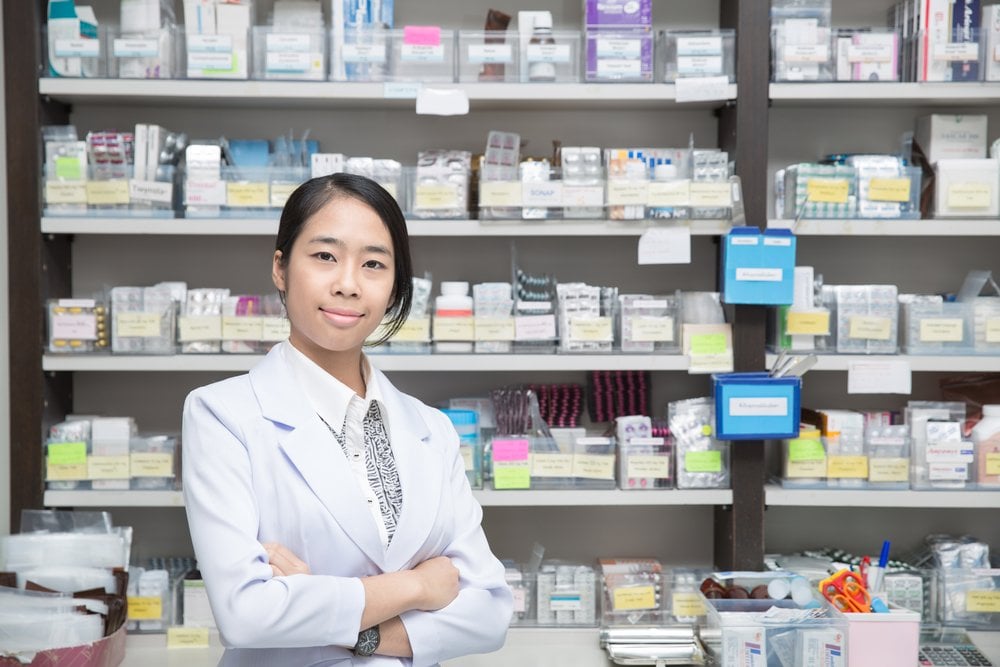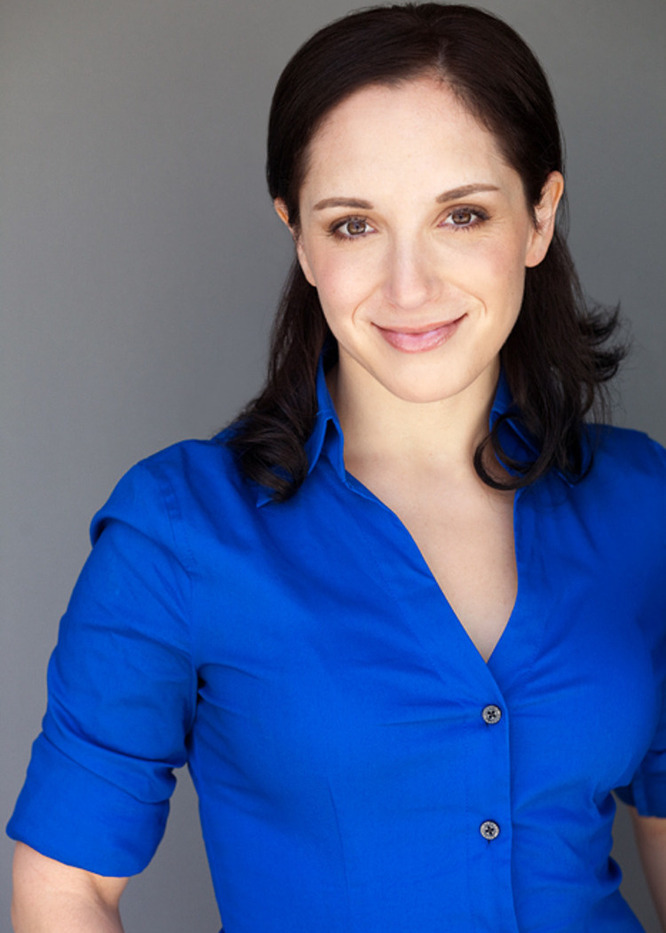Last Updated on March 13, 2019 by
To the uninformed, the definition of pharmacist may be the traditional, customer-facing professional doling out prescriptions at the local drugstore. But as anyone studying pharmacy, or hoping to be admitted to pharmacy school can attest, the career is far beyond this stereotype and growing more distant by the day. At this year’s UC Davis Pre-Health Conference, SDN sat down with Marianne Pop, Clinical Assistant of Pharmacy at University of Illinois, Rockford, to discuss her career trajectory and why she believes careers in pharmacy hold tremendous potential.
Student Doctor Network (SDN): Did you always want to be a pharmacist?
Marianne Pop (MP): Well, I always wanted to have a profession where I could talk to patients. I wasn’t necessarily into being involved in the actual procedural aspect, or seeing any patient fluids, but I was interested in the patient interaction part of it. So it was between pharmacy, nursing, physician’s assistant or medicine. I felt that pharmacy was the best fit for me; my father was actually a pharmacist so I was exposed to the community pharmacy part of the job, and I enjoyed that.
SDN: Tell us a little about your educational background.
MP: I went to college at Barry University in Florida – I was a biology major – and then went onto pharmacy school at Midwestern University. After 4 years there I got my PharmD, and then I was interested in doing a residency, so I did a PGY1 (post-graduate year 1) in pharmacy practice – so a general residency in pharmacy – and my second year (PGY2) was in emergency medicine.
SDN: So how did you transition from that to a teaching role?
MP: I was always interested in teaching, actually. In high school, undergrad, even in pharmacy school I always provided tutoring services. I was also a substitute teacher for a time, so I always knew teaching was a component of whatever I wanted to do in the future. And because of my PGY1 and PGY2 training, I was a good fit for the position.
SDN: What exactly do you do, in your current role as Clinical Assistant of Pharmacy?
MP: This position is a perfect balance for me, because it’s both a clinical position and a faculty position. 80% of my time is spent at the practice site, so in emergency medicine at a local hospital, and the rest of the time I spend teaching and doing research.
SDN: Tell me a little more about your role as pharmacist in the emergency department.
MP: We are a jack of all trades in the emergency setting. We do a little bit of everything – from urine or blood culture follow ups, making sure the patient is on appropriate therapy, to attending codes if a patient comes in in cardiac arrest or with a stroke or having a heart attack – we participate in all of those high-acuity situations – to making dose recommendations or making patients aware of side effects they may want to avoid by choosing another medication.
I also review all the patients who come into the emergency department, to see if they are getting appropriate medication; if their pain is under control. Also, if they are discharged, we may need to dose adjust the medication renally before they leave.
I provide education to the patient at the bedside, and I interview patients I feel may have presented due to medication concern. For instance, if they are diabetic and they haven’t been taking their medication I try to find out why they aren’t taking their medication. Is it an affordability issue? Is it an access issue – because maybe they can’t go see a physician and get a prescription?
I’m always trying to bridge that gap between the patient and the medication and whether they’re there due to a medication adverse event, as well. So with our geriatric patients, let’s say they come in because they’re dizzy. Is it because they were just prescribed a blood pressure medication and the dose is too high, so they are becoming hypotensive? We try and identify those patients for whom the pharmacist can provide a benefit.
SDN: What’s your favorite aspect of your job?
MP: I work with physicians, nurses and patients so I get to touch everyone, and interact with everyone, and I really feel like part of the team. With the patient included – because they’re making that clinical decision with us, as well. I think it’s a good way to practice.
SDN: If you were talking to someone thinking of pursuing a career in pharmacy, what would you tell him or her?
MP: I would tell them that the field is very broad. The first thing that comes to mind for everyone is a community or retail pharmacist, but it’s not only that. It’s what you make of it, I think. The field is growing so big, and we’re pushing boundaries, trying to achieve provider status. We’re growing in regards to ambulatory care efforts. There are positions in the pharmaceutical industry, there’s specialties like nuclear pharmacy, oncology and things like that… so it’s not that clear-cut picture that people used to think about, where you’re sitting behind a counter just dispensing medication. I feel like the biggest component of what we do is educating patients and making them aware of what they’re taking and why they’re taking it. And while that’s the primary thing that we do, the area that you can do it in is so vast, that the sky’s the limit.
Suzanne Barston is a Chicago-based writer and journalist specializing in the areas of healthcare and science.


